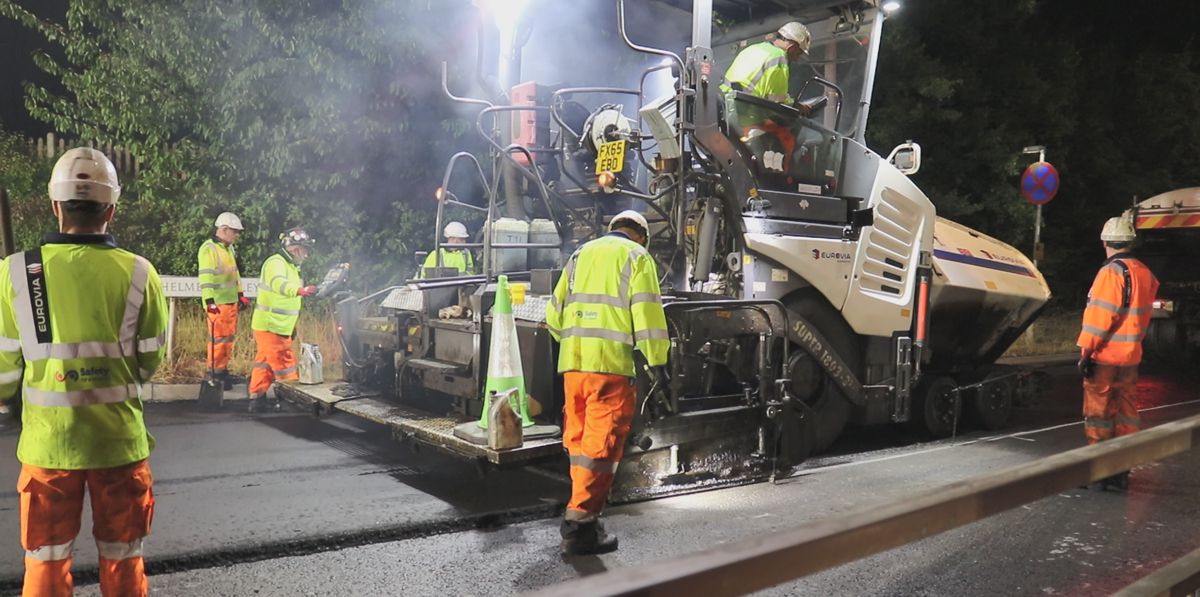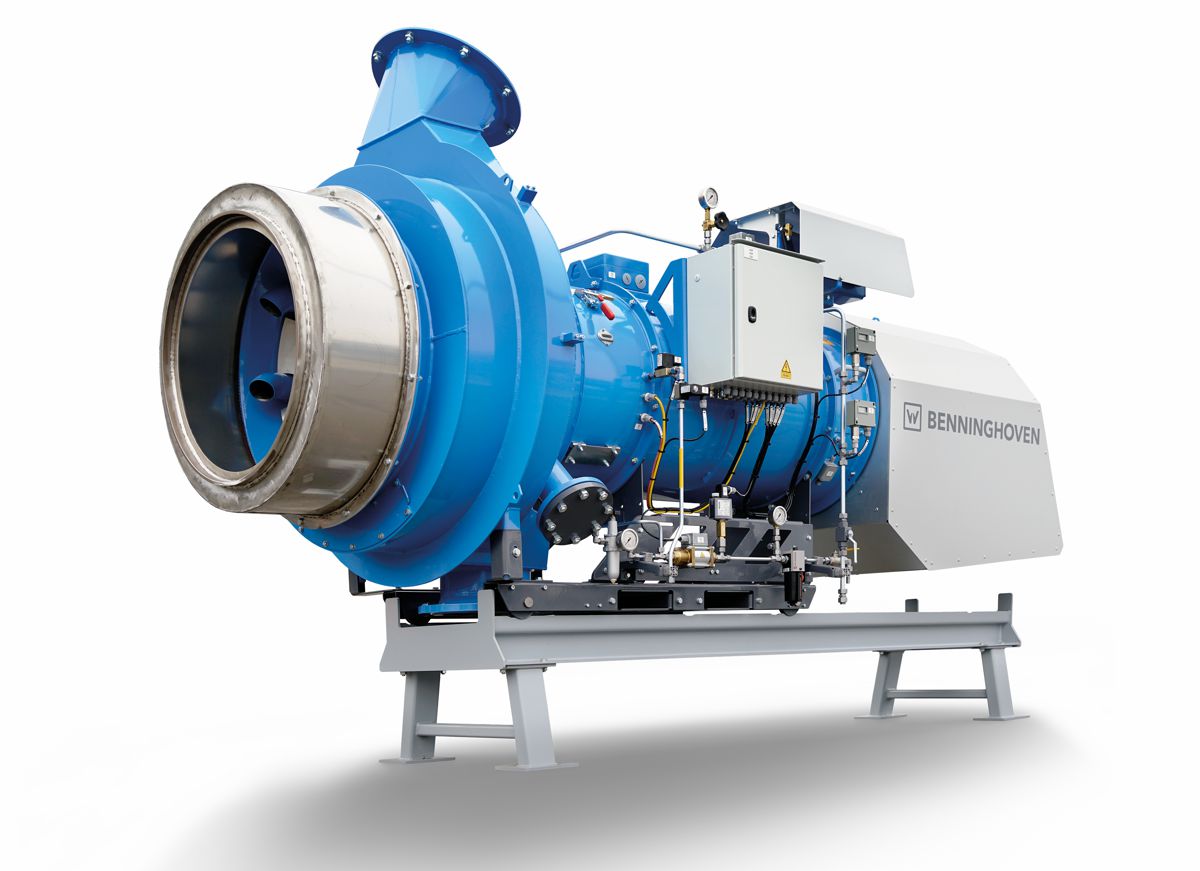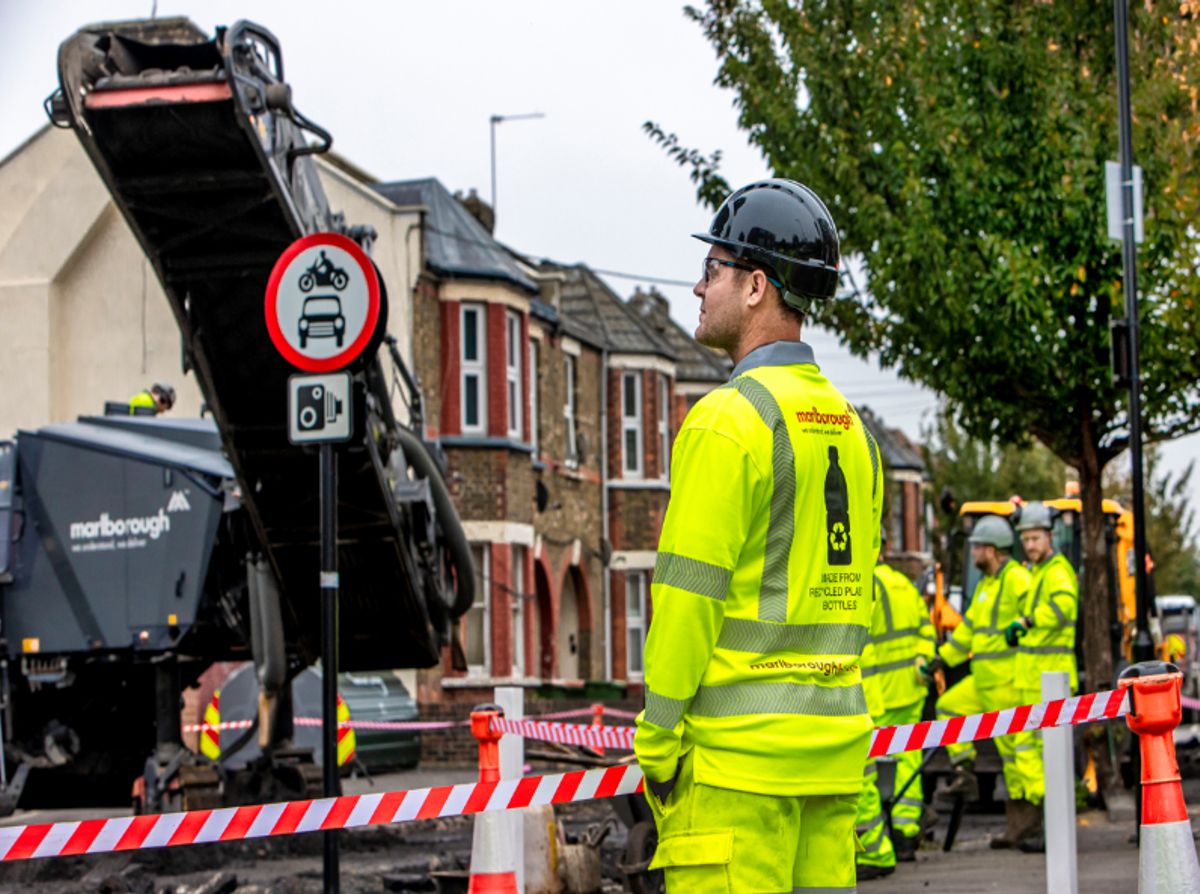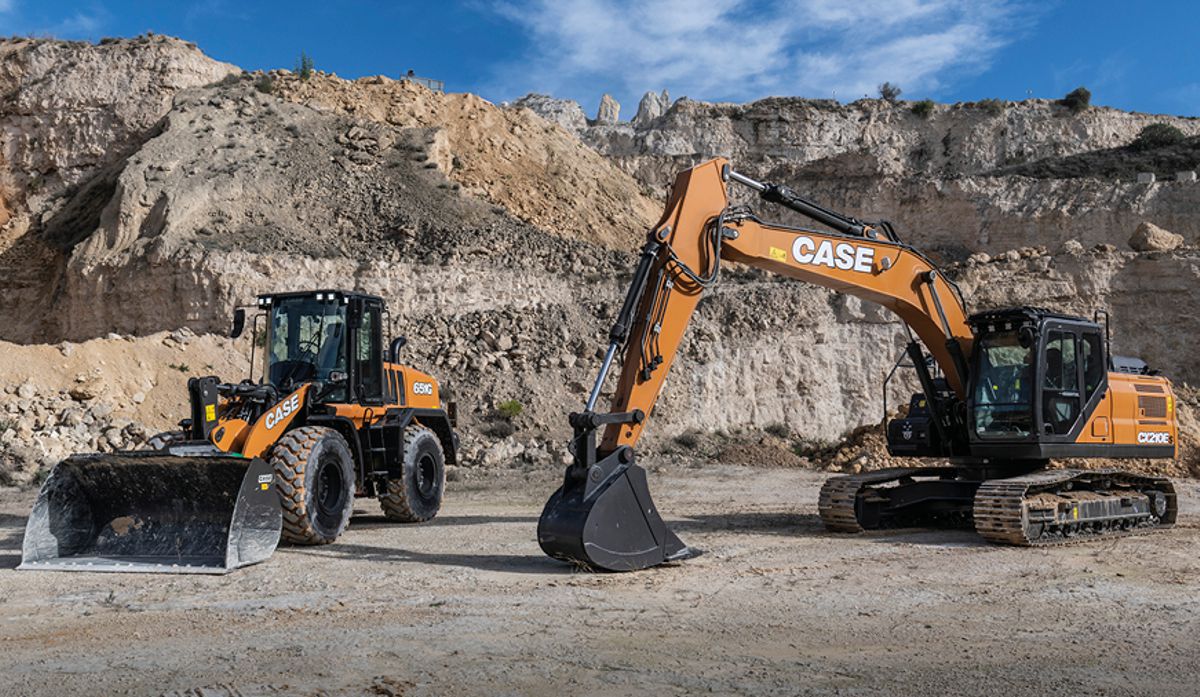Investment fund awards £1.6m to robotic train guides and transformative transport projects
Six innovative and pioneering projects exploring the benefits and applications of 5G technology in the transport sector have been awarded a share of a £1.6 million investment fund.
West Midlands 5G (WM5G) and Transport for West Midlands (TfWM), which is part of the West Midlands Combined authority (WMCA), have partnered to award funding for the development and deployment of 5G-enabled innovations that will enhance road, rail and bus usage across the region. Ranging from autonomous information robots at Birmingham New Street station, to solutions using smart camera systems that will help manage overcrowding on buses. Others include the use of connected technology and smart sensors to quickly identify track and power line defects on the region’s rail and tram networks.
Set to take place over the next 12 months, each project includes a minimum of three months of user or product testing within the West Midlands to verify its benefit to operators and travellers.
All projects will use 5G’s low latency, greater bandwidth and increased capacity to generate significant social benefits, with a particular focus on improving health and safety. While some projects will look at enhancing traveller experience, others will develop a more efficient and smoother movement of passengers, helping to increase confidence in the use of public transport post-Covid.
Digital Infrastructure Minister Matt Warman, said: “The idea of robots roaming railway stations and assisting passengers might sound like science fiction, but it could soon be a reality thanks to the government investing up to £20 million in West Midlands 5G.
“These innovative projects will explore how 5G can make public transport better for both passengers and staff, including by making it easier for disabled people to travel, reducing overcrowding on buses and detecting hazards on the railways.”
Andy Street, the Mayor of the West Midlands and chair of the WMCA, said: “Once again the West Midlands is at the forefront of 5G technology and the cutting edge of transport innovation. From 5G robots at New Street Station, to 5G camera systems helping manage overcrowding on buses, all six of these projects to win our funding will help improve the region’s transport network.
“By the end of this year, WM5G will have nearly 20 projects coming to completion in the transport area alone – which shows just how critical it was that we got ahead of the game with this ground-breaking technology and won the right to be the UK’s first regional 5G testbed back in 2018.
“5G is far more than just quicker streaming of movies, and these projects will show the difference the technology can make to people’s everyday lives across the West Midlands.”
Chris Holmes, Programme Director – Transport at WM5G, said: “The quality of the applications received for this second round of funding was again very high. We are confident that the chosen projects will have a genuinely transformative impact in enhancing and improving both the operation and user experience of the region’s transport network, using the power of 5G.
“We are excited that, along with the first round of funding competition winners, we will be able to actively demonstrate the benefits of 5G in the West Midlands and we are looking forward to support the funded projects as they develop into meaningful solutions.”
The six projects that have been selected to receive funding are:
5GER – TrainFX, University of Strathclyde and University of Surrey
To improve access to information and build passenger confidence in large stations, 5GER is developing the UK’s first 5G-enabled smart train station robot.
Through a combination of state-of-the-art 5G technology and mobile robotics, the robot will be able to autonomously navigate large and complex railway stations like Birmingham New Street. It can interact with people, provide information and assurance to those in need of extra information or assistance to help improve passenger confidence in stations.
Occupancy – Hack Partners, First Group
A vital part in growing passenger confidence in public transport post-Covid is managing passenger numbers, at stations and onboard transport. The Occupancy project will harness the power of 5G and video data learning to improve the occupancy of buses and reduce overcrowding.
This will boost traveller experience and ensure alignment with passenger health and safety measures, through enhanced accuracy of occupancy assessment which provides better information to travellers and operators. While the project will initially be delivered on buses, there is the potential to extend it to other services, such as tram and rail.
CAT – Westfield, WMG, Nexor, Black Country Innovative Manufacturing Org
The new Very Light Rail (VLR) vehicles offer great potential to increase mobility across cities through lightweight, energy efficient rail travel. The CAT VLR project is exploring how 5G can improve the safety of such autonomous vehicles through its real time applications.
The project will trial a 5G connected control system which operators will be able to interact with and respond to in real-time. CAT is also hoping to solve the major safety concern of personal items and passengers trapped in doors and will test a connected door safety system.
TRAVEL XR – BRIGHT YELLOW, Birmingham Uni, Bell Microsystems
Navigation around train and bus stations, and other high-density places such as shopping centres, can be particularly difficult for vulnerable passengers or those requiring extra assistance. TRAVEL XR seeks to improve the current operating systems using 5G’s higher capacity for camera data and locational accuracies, and offers a solution utilising wearables, cameras and Internet of Things (IoT) sensors to detect people in walkways.
This will enable systems to offer micro guidance within stations, ultimately improving passenger safety and experience.
POLY TRACK – ESR, Southampton Uni, Polychord
To identify wear and developing faults to tram tracks, engineers would manually survey or deploy specialist machinery to scan the line, a process which is both time consuming and laborious.
POLY TRACK uses 5G’s positional accuracy and real-time data transmission to detect rail imperfections on both tram and rail tracks through sensors installed on the Chassis (Bogie) of the vehicle. These sensors help operators identify and ensure maintenance is carried out to the track before imperfections deteriorate and will help optimise safety and maintenance.
HPOMS – JR Dynamics, Newcastle University, Angel Trains, West Midlands Trains and AQ Ltd
Overhead line (pantograph) damage costs the UK rail industry more than £100 million a year and causes delays and safety issues. HPOMS aims to develop camera systems that provide visual footage of impacts and overhanging foliage and utilise the footage to accurately measure pantograph height, wire stagger and carbon wear.
5G coverage will enable high powered and near instantaneous image processing triggering appropriate alerts, improving passenger safety as well as reducing operational costs.
As a partnership, TfWM and WM5G are driving the ongoing adoption of 5G within the region’s transport network to further improve passengers’ travel experience and promote innovation within one of the UK’s best-connected regions.
Chris Lane, Head of Transport Innovation at Transport for West Midlands (TfWM), added: “The awarding of this second round of funding demonstrates the scope that 5G technology can offer in developing and enhancing transport across the West Midlands. These trials have the potential to revolutionise the way our regional transport systems operate, with the use of 5G across our transport system promising to create greater efficiencies and solidify the West Midlands as one of the most innovative regions in the UK.”
The six projects are set to expand on the work already undertaken by the seven transport projects which were previously awarded a share of £2.4 million by WM5G and which are underway.
West Midlands 5G (WM5G) Limited, is a multi-million-pound programme set up by the WMCA and the Government to develop the UK’s first region-wide 5G testbed. The Government expects to invest over £20m in this programme, in addition to substantial West Midlands public sector and private investment (October 2018 to March 2022).















